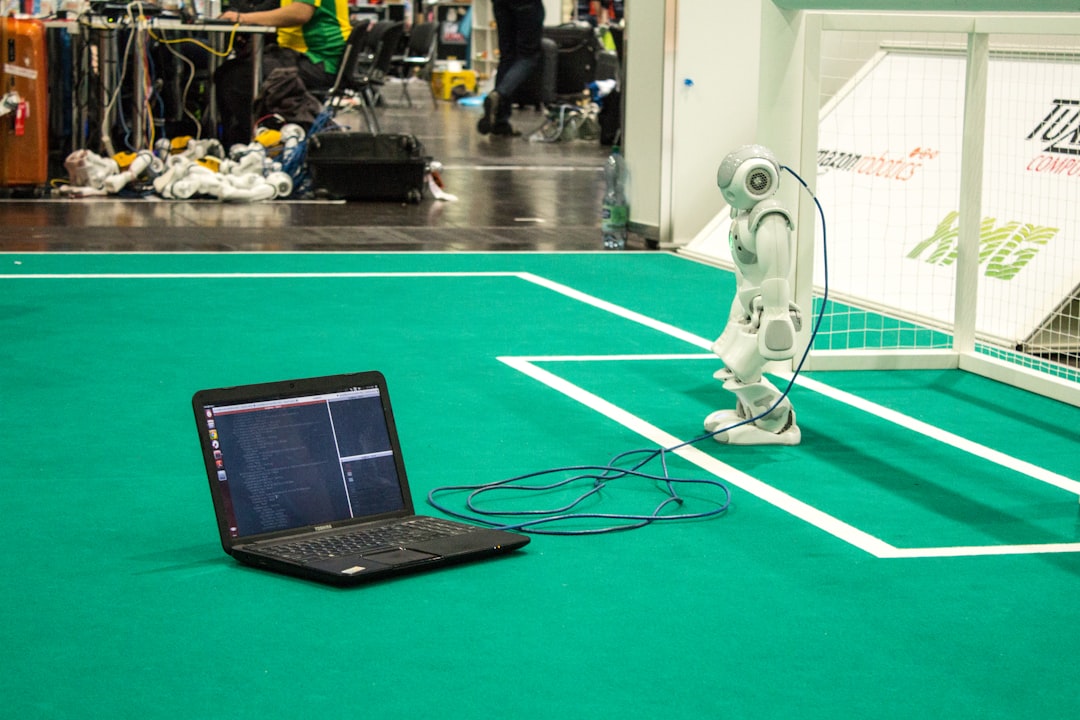What is it about?
Different from younger adults, Chinese older adults prefer using written texts, rather than visual maps, to guide their spatial navigation. However, written texts, rather than visual maps, are also associated with worse memory of the spatial environment especially when the environment is not complex. Furthermore, although knowing one's current location such as in a GPS is better than a plain map, its effects are relatively limited for older adults.
Featured Image

Photo by Jean-Frederic Fortier on Unsplash
Why is it important?
The global population is aging at a fast speed. More research is needed to understand how older adults interact with the environment to better serve their cognitive, recreational, and emotional needs. By understanding how older adults use different navigational aids, our study has important implications for designing better navigation aids based on the unique cognitive features of the users.
Perspectives
Writing this article is fun. Now I got to understand a bit more about my own parents and be more empathetic to their constant struggle with technologies.
Yingying Yang
Montclair State University
Read the Original
This page is a summary of: The effects of different navigational aids on wayfinding and spatial memory for older adults., Psychology and Aging, April 2023, American Psychological Association (APA),
DOI: 10.1037/pag0000732.
You can read the full text:
Contributors
The following have contributed to this page










